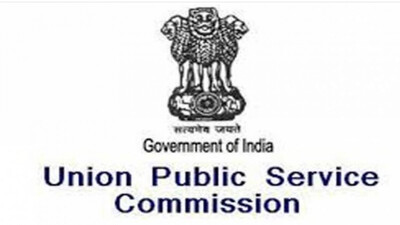Recommended Stories
Provisions in the Bill will not only "ensure autonomous and democratic functioning of cooperatives, but enhance public faith in (these institutions)," Agriculture Minister Sharad Pawar said, moving the Constitution (One Hundred and Eleventh Amendment) Bill, 2009, for consideration and passage.
The amendments, he said, are aimed at insulating the cooperatives from "avoidable political and bureaucratic interference". The bill was approved by the Lok Sabha on December 22.
The main objective of the bill, Pawar said, is to ensure that the cooperative societies function in a democratic, professional, autonomous and economically sound manner.
Participating in the debate, Balavant Apte (BJP) said that mere constitutional status to cooperative societies will not help them, but an action plan is required. On the provision for setting up a specialised agency for conducting elections in societies, Apte said it would not be possible to monitor all elections as there are lakhs of cooperative societies. E M Sudarsana Natchiappan (Cong) said cooperative societies are necessary for the socio-economic development of the country.
Opposing the amendment, P Rajeeve (CPI-M) said the Centre is trying to encroach upon the rights of state governments to make legislations in regard to cooperative societies. S P Singh Baghel (BSP) said because of undue government interference, the cooperative societies are not prospering. He also suggested that members of a society should directly elect their chairman.
The Bill also seeks to incorporate a clause in the Directive Principles of State Policy of the Constitution for voluntary formation, autonomous functioning, democratic control and professional management of cooperative societies.
A provision for incorporation, regulation and winding up of cooperative based on the principles of democracy is also proposed. There will also be cap on the number of directors of a cooperative society at 21. The term of each director and office bearers of the board will be five years.
The changes also provide for independent professional audit of cooperative societies and right of access to information to members of such institutions. Presently, cooperative societies function in several sectors like agricultural, housing, fertilisers, dairy, fisheries, handloom and handicraft.












